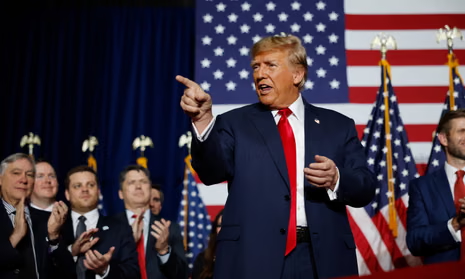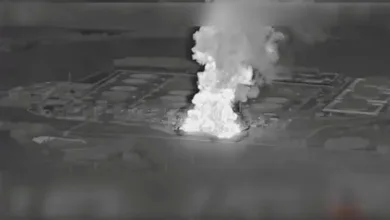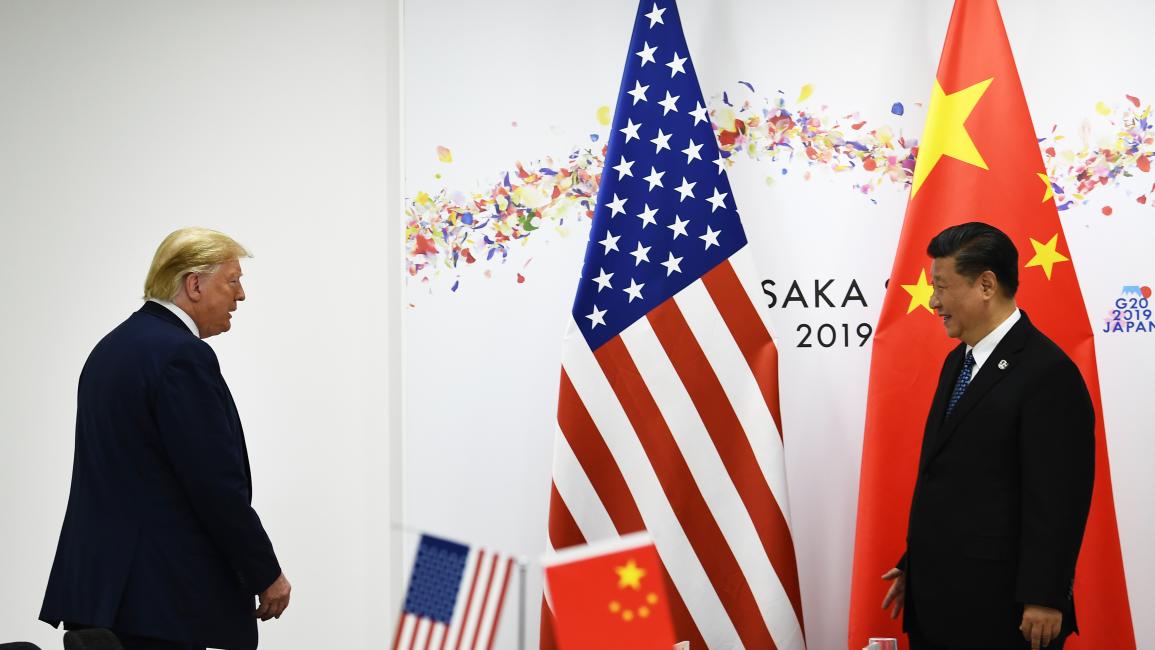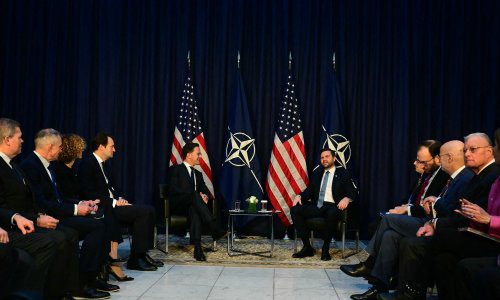Can the Courts Stop Trump’s Emergency Tariffs? A Constitutional Test

Former President donaldtrump) is again at the center of fierce legal and political debate after invoking emergency powers to impose sweeping new tariffs on dozens of countries. The move, dominating breaking news headlines, raises a constitutional question with far-reaching economic stakes: can the courts intervene, or does presidential authority over trade remain nearly absolute?
Trade lawyers, lawmakers, and global markets now watch closely as lawsuits move forward.
What Happened?
Trump’s executive order:
-
Uses powers under the International Emergency Economic Powers Act (IEEPA)
-
Slaps new tariffs on over 66 countries, including Canada, India, and EU members
-
Cites “extraordinary threat” to U.S. national security from unfair trade practices
Supporters argue it’s a legal tool; critics call it abuse of power.
Why This Is Different
While past presidents used IEEPA for:
-
Sanctions against rogue regimes
-
Blocking terrorist financing
-
Emergency export controls
Trump applies it to traditional trade disputes—something rarely tested in court.
Legal Challenges Begin
Business coalitions, importers, and trade associations have filed lawsuits claiming:
-
No real “national emergency” exists
-
The tariffs target economic competitors, not actual security threats
-
Congress, not the president, should decide broad trade policy
Courts must now decide if they can review the president’s judgment under IEEPA.
Courts’ Reluctance
Historically, judges hesitate to second-guess national security declarations:
-
Courts often label them “political questions”
-
Past cases focused on clear procedural violations, not policy merits
Some legal scholars argue unchecked power risks abuse.
Economic Stakes
If courts uphold Trump’s tariffs:
-
Future presidents could cite emergencies to reshape trade unilaterally
-
Businesses face uncertainty, fearing sudden tariff shocks
-
Global supply chains could fragment further
If struck down, presidential trade authority could be curbed for the first time in decades.
Congress Reacts
Some lawmakers propose:
-
Requiring congressional approval for long-term tariffs under emergency powers
-
Narrowing the definition of “national emergency”
-
Strengthening judicial review of trade actions
Yet political divisions slow progress.
Trump’s Argument
Trump insists:
“Foreign governments undermine American workers—this is a national emergency.”
Allies say:
-
Past negotiations failed, so strong measures are necessary
-
Emergency powers are meant to bypass gridlock
Critics see election politics driving policy.
Broader Constitutional Debate
The case tests fundamental questions:
-
How far can the executive branch go in trade and foreign affairs?
-
When do courts step in against claims of “national security”?
-
Does economic risk alone justify emergency action?
Outcomes could redefine the balance of power in Washington.
Global Implications
-
Allies worry about unpredictable U.S. trade policy
-
Businesses hedge supply chains away from American markets
-
BRICS and EU talk of alternative frameworks less exposed to U.S. political shifts
Even partial rulings could change trade diplomacy.
Final Thought
Courts rarely block a president on national security grounds.
But Trump’s tariffs force judges to confront:
Where does emergency end—and unchecked power begin in the us)?




